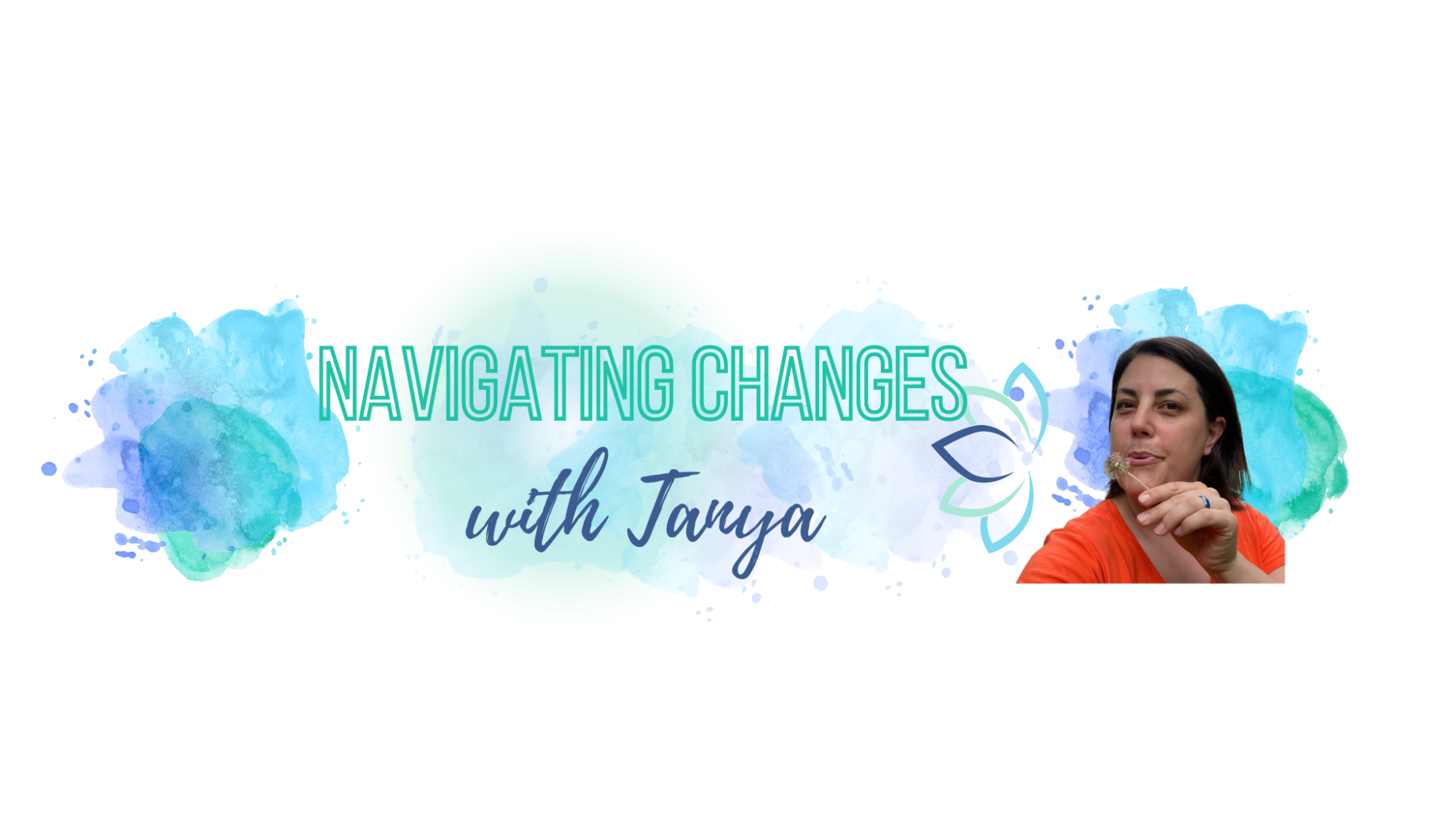
There's a fine line between scaring our kids and allowing them to build resiliency.
First, a story.
I took a group of kids from a nearby school on a mindful leaf hunt. At one point, I stopped to offer a silent walk. The task was given to take turns walking at a time spaced about 100 feet apart. I went first and employed a student leader to send the next. See, at this school, the kids are trusted and their leadership skills are developed.
It was a straight shot in the trail, but along a creek and surrounded with trees so there was little visibility. However, I could see the majority of the group as I looked back.
The kids were reminded to use our mindful senses of breathing, listening, and feeling the ground beneath them. I was promptly told that this is not a 'silent' walk, there are sounds all around. Well, geez, kids are amazing creatures!!
Well, as we reflected, I was taught some valuable lessons that day! Kids are not trusted enough AND we are building fear within them.
These are the things that they told me when asked about feelings that arose.
"I felt proud because I felt like an adult.""I felt scared because I'm not used to being alone.""I felt worried because other (younger) kids were left behind.""I felt happy to be walking in the woods."
Everyone's feelings were valid and we learned so much that day!
They are capable. They can do scary things.
Some things I learned this week about allowing our kids to work through fear.
1. If they are not given any opportunities to experience fear, they will not be able to experience growth.
We often shelter our children from situations that will cause them discomfort in some way. What if you gave them an age appropriate task and told them, "I trust that you can do this?"
Does this show them that you are scared? Does it show them that they are not trusted?
No, it gives them confidence.
As they go about the task, they feel capable. They feel proud. If they reach a stumble or a moment of self-doubt, they have your encouraging words, "I trust you." They start to trust themselves.
2. Processing strong emotions shows that it's ok to feel all the feels.
When a stumbling block arises or a fear arises, let's discuss that. Ask, "what did you feel as you finished your task?" Try not to judge or give your own projections. Just be a listening ear. It will amaze you at what kids come up with. End the conversation by seeing if they have a new strategy for dealing with the fear next time. Something that may help them face it head on.
Then....trust.
Your adult children will thank you!
Need some help with routines?
If you need help navigating your own fears, please hop on over to my Facebook group where we share stories of loss, fear, big changes, and big emotions.
Grab the Free PDF 15 Ways to Build Self compassion here




















0 Comments